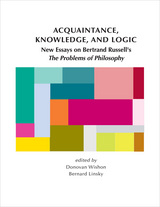
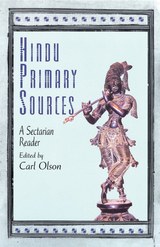
The volume is divided into two major parts. The first section presents selections that explore major themes in classical Sanskrit traditions, including those in the Vedic, Upanisadic, and Dharma literatures, as well as the classical philosophical-religious schools. The second part includes selections that highlight the sectarian and devotional movements related to major deities such as Vishnu, Shiva, Krishna, Rama, Sant, Tantra, and the goddess figures.
In addition to a general introductory chapter on Indian literature, each major section is introduced by an essay that places the selections within the context of Hindu history. This comprehensive reader stands on its own as an indispensable anthology of original textual sources for courses in Hinduism, while also serving as a companion volume to the text The Many Colors of Hinduism: A Thematic-Historical Introduction.

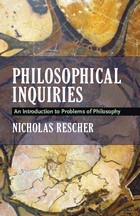
Among his many topics, Rescher discusses knowledge and the unattainablity of absolutes, skepticism and its self-defeating nature, the limits of science vs. the limits of cognition, refuting reality as mind-independent, and idealism and divining our role in nature. He considers the universe and intelligence as the product of intelligent design, science and religion as non-conflicting and purposeful pursuits, and determinism and other fallacies surrounding the concept of free will. Rescher views morality in its hierarchal structure, its applicability to human coexistence, and its ontological commitment to the enhancement of value for ourselves and our world. He examines questions of authority and the problem of judging past actions or knowledge by present standards. Overall, he argues for philosophy as an unavoidable tool for rational, cogent responses to large questions.
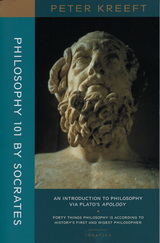
“If only every introductory course were as engaging as Philosophy 101 by Peter Kreeft! Kreeft offers a marvelous way of using Plato’s Apology both to introduce the whole scope of philosopher and to evoke a personal response. Even the diffident freshman, prone to keeping a new subject like philosopher as arm’s length, will feel the enchantment of love-for-wisdom that philosophy is supposed to be.” – Joseph W. Koterski, S.J., chair, Department of Philosophy, Fordham University
“A terrific introduction to philosophy through this not uncontroversial commentary on Plato’s Apology. Not everyone will agree that Socrates provided the best possible defense for himself nor that he intended to. But Kreeft’s is an eminently defensible reading of the Apology and will awaken many a student to the delights of Plato and Philosophy. The comparisons of Socrates with Christ are fascinating. This book will go a long way to consoling those who are not privileged to have Socrates or Kreeft as teachers in the flesh.” – Janet Smith, Sacred Heart Major Seminary, Detroit

An expository treatment of Faulkner's major works, Reading Faulkner comprises essays that are arranged in roughly chronological order, corresponding to Faulkner's development as a writer. In a way sure to captivate the imagination of a new reader of Faulkner, Marius explicates themes in Faulkner's work, and he sheds light on the larger social history that marked Faulkner's literary production.
In addition, Marius is a southerner who grew up a couple of generations after Faulkner and, like Faulkner, turned his own world into the setting for his fiction. This unique perspective, combined with Marius's thorough readings of the novels, grounded in basic Faulkner criticism, provides an engaging and accessible self-guided tour through Faulkner's career.
Reading Faulkner is perfect for students from high school through the undergraduate level and will be enjoyed by general readers as well.
Richard Marius (1933-1999) taught at the University of Tennessee before heading Harvard's expository writing program from 1978 to 1998. He was the author of Thomas More, Martin Luther: The Christian between God and Death, and four novels about his native East Tennessee.
Nancy Grisham Anderson is an associate professor of English at Auburn University, Montgomery. She is the author of The Writer's Audience: A Reader for Composition and the editor of They Call Me Kay: A Courtship in Letters, and Wrestling with God: The Meditations of Richard Marius. She was a longtime friend of Richard Marius.
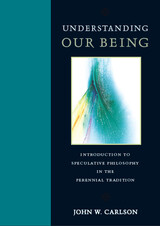
READERS
Browse our collection.
PUBLISHERS
See BiblioVault's publisher services.
STUDENT SERVICES
Files for college accessibility offices.
UChicago Accessibility Resources
home | accessibility | search | about | contact us
BiblioVault ® 2001 - 2024
The University of Chicago Press









